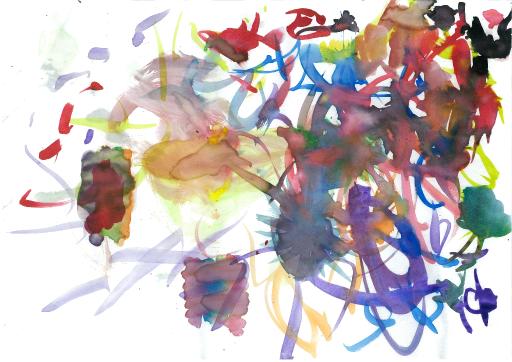
Recently Rated:
Stats
Location: Kyoto
Work interests:
Affiliation/website:
Preferred contact method: Reply to post in blog/forum/group
Preferred contact language(s):
Contact:
Favourite publications:
Work interests:
Affiliation/website:
Preferred contact method: Reply to post in blog/forum/group
Preferred contact language(s):
Contact:
Favourite publications:
Founding Member
Location: Kyoto, Japan
Work: Geography; agriculture; human-environmental interactions
Biographical: Ph.D. Graduate School of Geography, Clark University
Work: Geography; agriculture; human-environmental interactions
Biographical: Ph.D. Graduate School of Geography, Clark University

Dear Dr Niles,
I am writing you on the advice of Dr.Peter Matthews who mentioned your interest for basketry. I am currently completing a Phd about banana fibers made into ropes and baskets in the Philippines and Taiwan. I am focusing on a technique that I thought was unique to the Bashiic island (In between Taiwan and the Philippines) until I visited past week the Osaka Museum of Ethnology. It appears that some baskets made in Hokkaido and Ryukus islands present some great similarities with those of the Bashiic islands, unless they are made of different plant-based raw materials.
I will be more than happy to discuss with you about my work if you would like to.
Thank you very much and have a great day,
Celine Kerfant
Daniel,
Still liking the idea of information ecology as an area of study?
The subject is well introduced by:
Nicholas Packwood (c. 2004) "Geography of the Blogosphere: Representing the Culture, Ecology and Community of Weblogs" In L.J. Gurak, S. Antonijevic, L. Johnson, C. Ratliff, & J. Reyman (Eds.), Into the blogosphere: Rhetoric, community, and culture of weblogs. Retrieved 9th May, 2011: http://blog.lib.umn.edu/blogosphere/geography_of_the_blogosphere.html .
Here is a key section:
"Indeed, the blogosphere may be thought of as a whole ecology even as it is a biome within the broader ecology of the Internet. The study of ecology, either as a science unto itself or as a subdiscipline of biology, is concerned with the interrelationship of living organisms (as expressions of genetic replicators, individuals, species or the totality of biomass) and environment (climatic and geological) (Bates, 2001; Dawkins, 1982). Ecological relationships are necessarily ones of mutual interrelationship interdependency expressed in flows of energy and the ongoing processes of feedback that make up the life histories of organisms and environments. Ecological processes are not limited to biological systems, however, but may be found in mechanical, chemical, physical, physiological, social, political and economic systems. Indeed, any human ecology is made up all these processes simultaneously. The map is not the territory. Each of these ecological systems are metaphors allowing us to abstract particular processes for purposes specific to the maps we make. "
Recent events in Japan reflect a systematic failure to make good, timely use of information on risks, and show that information ecology is a subject with major implications for the human ecology of an entire country.
Dear Daniel,Following our discussion today, you might to see this perspective article (and more by the same author):Niels Roling (2009) "A proper study of mankind...." New Scientist 17th Jan. 2009, pp 40-41.His answer: a new discipline he would like to call 'anthropogenics'.Niels Roling is an emeritus professor of communication and innovation studies at Wageningen University in the Netherlands. Among his interests are policies and strategies for fostering innovation in subsistence farming....Cheers, P.ps Please see recent messages on our site by Terry Clayton of Bangok.
Daniel,Thanks, that looks good.As I mentioned elsewhere, it might be good if we also try to help publishers and book or journal editors (print or electronic, I should add) to find reviewers (for academic peer review, or for other target-audience review).So - I have set up a forum for this. This will make it easier for us to approach publishers and ask them to look at the site, as part of our efforts to promote out services.Thanks, P.